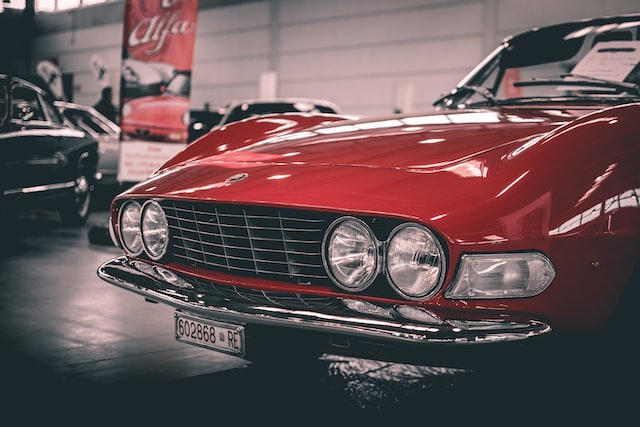As an auto insurance expert, I often hear the same old myths about auto insurance being repeated, even though they’re completely untrue. If you’re looking to get the best rates on your auto insurance policy, it’s important to clear up these misconceptions to give yourself the best chance of getting approved by a company and finding great savings. These are my top 10 myths about auto insurance that need to stop being believed, so let’s get started!
Myth 1: I can save money by going with the cheapest insurance option
The cheapest insurance option is not always the best option. In fact, going with the cheapest option could end up costing you more in the long run. With a low quality company, your premiums will be lower but so will your coverage. Your agent can help you find an insurer that offers the right amount of coverage for what you need at a price that suits your budget.
Myth 2: The more coverage you buy, the less your premium will be
It’s a common misconception that the more coverage you have, the lower your premium will be. In reality, your premium is based on a number of factors, including your driving record, the type of car you drive, and your age. While adding more coverage may give you peace of mind, it’s not necessarily going to save you money.
Myth 3: All insurance companies are created equal
One of the most common myths about auto insurance is that all companies are created equal. While it’s true that all insurers must offer the same basic coverage by law, there are actually a lot of differences between companies. Some insurers focus on providing low rates, while others offer great customer service or a wide range of discounts. So, before you buy auto insurance, be sure to shop around and compare rates from a few different companies.
Myth 4: Once you go through a no-fault accident in your driving history, your premium will stay low
There are a lot of misconceptions about auto insurance out there. And while some may not have a huge impact on your rates, others could be costing you big time. A no-fault accident counts as one point and if you get more than four points in any three-year period, then you will likely see an increase in your premium. That’s because the insurer looks at this type of claim as being indicative of a greater likelihood that someone might get into another accident or file more claims in the future.
Myth 5: All accidents are reported to insurance companies
If you hit a parked car and no one sees, do you still have to report it? Will your rates go up if you do? What if the damage is only cosmetic? There are a lot of gray areas when it comes to auto insurance, and accident reporting is one of them.
Myth 6: Auto insurance is a commodity and prices should be the same for all companies
When it comes to auto insurance, there are a lot of myths out there. And while some of them may seem harmless, others could end up costing you big time. The next myth on our list is that all prices should be the same. The reality is that car insurance prices can vary by as much as 30% depending on where you live and the insurer you choose. So, before you settle for any company, compare rates from multiple companies in your area to find the one with the best rates and coverage for your situation.
Myth 7: Cheaper is better when it comes to auto insurance
The old saying goes, you get what you pay for. And while that may not be true in every case, it definitely applies to auto insurance. Many people believe that the cheaper the policy, the better. But that’s not always the case. In fact, going with a cheap policy could end up costing you more in the long run.
Myth 8: Car modificatins don’t affect my car insurance rates
One of the most common myths about car insurance is that modifications don’t affect your rates. Unfortunately, this couldn’t be further from the truth. In fact, modifications can have a significant impact on your rates, sometimes even doubling them. If you’re planning on modifying your car, be sure to talk to your insurance agent first so you can understand how it will affect your rates.
Myth 9: I only need liability coverage on my vehicle so I can save money on my policy
Liability coverage is important, but it’s not the only type of coverage you need. In fact, if you have a loan or lease on your vehicle, your lender will likely require you to have full coverage. This type of coverage protects your vehicle from damage, theft, and vandalism. It also covers you if you cause an accident and someone is injured or their property is damaged.
Myth 10: Leasing a car means I won’t have to buy auto insurance.
This myth is partially true and partially false. While you may not have to buy auto insurance if you lease a car, you will still be responsible for getting coverage. Your leasing company will require that you get liability insurance at the very least. If you don’t have car insurance and something happens, you could be on the hook for a lot of money. So, even though you may not have to buy auto insurance when you lease a car, it’s still a good idea to get coverage.
